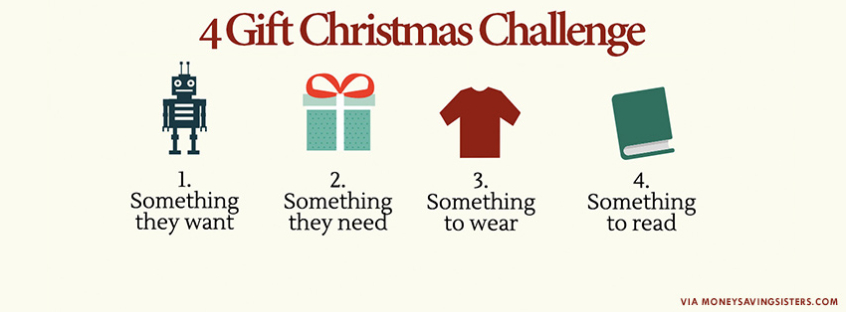
Nearly seven out of 10 parents expect their children to get tired of the new toys they receive for Christmas by the end of the festive season.
And a third of parents believe their children will be bored with their new gifts by the end of Christmas Day itself, a national survey conducted by Traidcraft has found.
Most parents, six in 10, spend more than £100 per child on Christmas presents.
In addition, nine in 10 people receive at least one unwanted Christmas gift every year.
The survey was commissioned by Traidcraft, which fights poverty through fair approaches to trade, as part of its Show You Care campaign. It is calling on shoppers to buy goods with "thought" and to make sure Christmas gifts are "meaningful".
The attitudes of parents in the West contrasts with life on the ground in developing parts of the world.
In Kenya, children surveyed by Traidcraft were excited by the prospect of receiving even just a fizzy drink for Christmas.
In Nepal, where many families are grateful merely to have food on the table, Traidcraft works with stonebreakers where families including children collect, break down by hand and sell stones from the riverbed for an average income of just 75 rupees, or 50p per day.
Roderick Stuart of Traidcraft said: "Of course we want families to enjoy a fantastic Christmas and receive the gifts they want and will enjoy, but we've all probably experienced a time when we feel under stress or pressure to buy Christmas gifts that are maybe beyond our means and it feels like we're in danger of forgetting the true meaning of Christmas.
"Meanwhile there are whole families in developing countries living on the equivalent of just 50p a day. Many people think that fair trade simply equates to a fair wage and while ensuring a fair wage for producers is a hugely important part of what we do, the benefits of buying fair trade reach so much further.
"In the case of the stonebreakers in Nepal, our work with fair trade producers means that the children of these desperately poor families have access to a free education which can eventually help lift the whole family of poverty, changing lives for the better forever.
"Fair trade Christmas gifts really are a win-win way of spreading festive cheer and that's why we're calling on the people of the UK to 'Show You Care', buying ethical gifts with thought and love in the run up to Christmas."
The Traidcraft survey came as the "four gift rule" trended on social media.

Mumsnet hosted a discussion on whether children should be restricted to just four presents each: something they want, something they need, something to wear, something to read.









